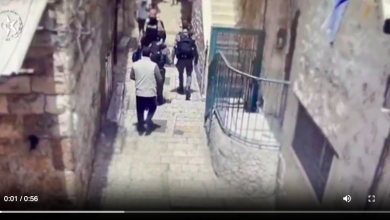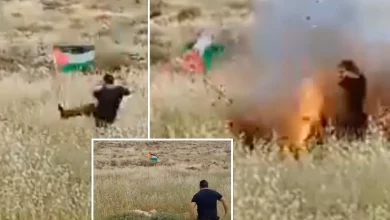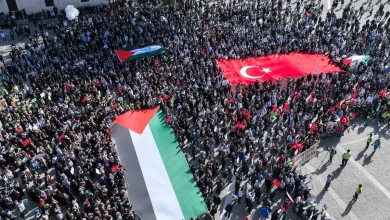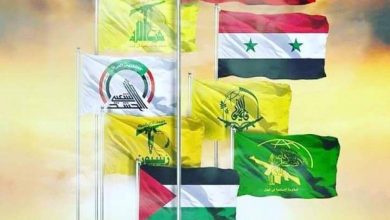Hypocritical U.K continues selling arms to ‘countries of concern’
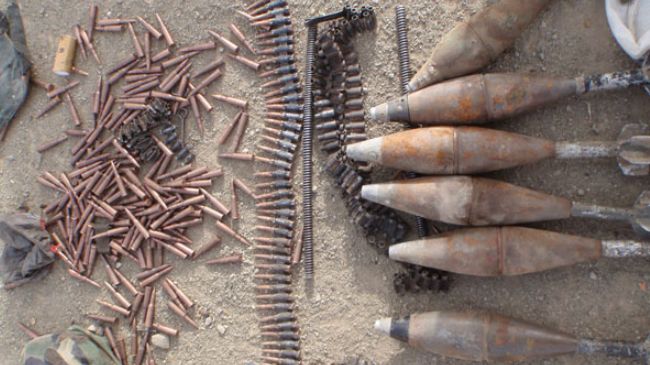

The UK government has been criticised for keeping its extensive armed exports to countries where the Foreign and Commonwealth Office lists as “countries of concern” for their poor human rights records.
Campaign Against Arms Trade (CAAT) said in a report that these countries include Arab Spring countries such as Bahrain and Egypt, where the UK government revoked some arms export licences in February 2011, only to resume a few months later.
According to the report, the UK government did not revoke a single licence to Saudi Arabia, where it approved over £1.7 billion worth of arms export licences in 2011.
“It is hypocrisy for the UK government to support the (Arms Trade Treaty) ATT while continuing to promote and export weapons to dangerous, aggressive and undemocratic regimes. The recent report of the parliamentary Committees on Arms Export Controls (CAEC) made stinging criticisms of government policy, including the contradictions between supporting human rights in Arab Spring countries, while continuing to export weapons to these same countries”, said Kaye Stearman of CAAT.
New government figures for arms export licences reveal that the UK government is still happy to sell weaponry to authoritarian regimes in the Middle East and North Africa (MENA), where there is a high probability that they will be used for internal repression.
“The CAEC report rightly focuses on the shameless way that the UK government sold arms to repressive regimes who then turned those arms on their own people. Yet the government still pursues these so-called “priority markets”, with government ministers entertaining military delegations at the Farnborough arms fair, while talking about the need to limit weaponry at Arms Trade Treaty negotiations in New York”, Kaye added.
“The latest data reveals a situation in which arms licences, including for items such as small arms, body armour and armoured military vehicles, are issued routinely to highly repressive governments. A year after the beginning of the Arab Spring, it seems nothing has changed in UK government policy or practice on arms sales”, Kaye said.
Campaign Against Arms Trade (CAAT) has analysed the first quarter figures for arms export licences to governments in MENA countries.
The UK government issued military list export licences worth £606 million during the first quarter of 2012, of which £138 million were for MENA countries. Of the £1,285 million worth of “dual use” goods (ie can be used for military or civilian use), £879 million went to MENA countries. In addition, there were many “open licences” for both military and dual use goods where values were not listed.
Arms export licences to Saudi Arabia were worth £80 million, of which £77.5 million was for combat aircraft. Not a single licence was refused.
Egypt was issued with £12 million worth of arms licences (much higher than usual), of which £11.97 million were for components for “projectile launchers”.
Arms export licences to Bahrain were worth £330,000, of which over £200,000 was for military communications equipment. There were no licence refusals.
There were significant arms exports approved for other MENA countries, including Oman, with over £14 million worth of military list goods, including pistols, imaging equipment and communications equipment, and the United Arab Emirates with £6.4 million worth of arms, including small arms, machine guns, night sights and military vehicle components.

